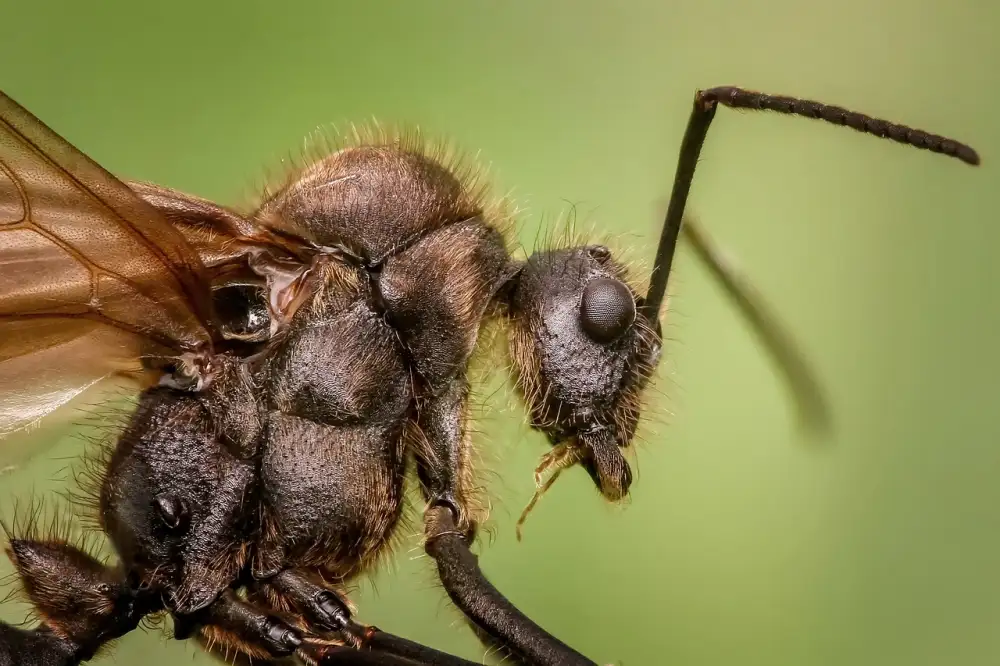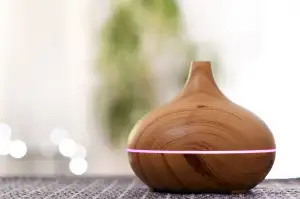Top Tips for Eliminating Ants in the Kitchen: Home Remedies That Work

Identify the Source:
Identifying the source of an ant infestation is crucial to effectively eliminate them from your kitchen. Start by locating where the ants are entering your kitchen. Common entry points include cracks in walls, gaps around windows or doors, and openings around pipes. To determine their entry point, follow the ant trails – these are the paths ants use to travel between their nest and food sources. By understanding how ants are getting into your kitchen, you can take targeted action to block their access and prevent future invasions.
Clean Thoroughly:
To effectively eliminate ants in the kitchen, thorough cleaning is essential. Start by wiping down surfaces with a solution of vinegar or lemon juice to erase ant trails and disrupt their communication. These scents are unpleasant to ants and can deter them from returning. Additionally, store all food items in airtight containers to prevent attracting ants with easy access to their food source. Regularly clean up spills and crumbs promptly to remove any potential food sources that may draw ants into the kitchen.
Use Natural Remedies:
**Use Natural Remedies:**
When dealing with ants in the kitchen, natural remedies can be effective in deterring them. Sprinkling cinnamon, peppermint oil, or cayenne pepper along entry points can disrupt ant trails and discourage them from entering. These substances contain strong scents that ants dislike. Additionally, placing bay leaves or cloves in cabinets can act as a natural repellent against ants due to their strong aroma. These natural remedies are safe alternatives to chemical insecticides and can help keep your kitchen ant-free.
Set Traps:
Setting traps is an effective way to eliminate ants in the kitchen. Bait traps containing borax or boric acid are highly recommended as they target the entire ant colony, including the queen. Place these traps near ant trails and areas where ants frequent. Additionally, sticky traps can be used to catch wandering ants that may not be attracted to bait. By using a combination of bait and sticky traps strategically placed throughout the kitchen, you can effectively reduce the ant population in your home.
Seal Entry Points:
To prevent ants from entering your kitchen, it's crucial to seal off their entry points effectively. Start by inspecting your kitchen for any cracks or crevices where ants may be gaining access. Use caulk to seal up these openings, paying close attention to areas around windows, doors, and pipes. Additionally, repair any leaks or moisture sources that could be attracting ants into your home. By eliminating these entry points, you can help keep ants at bay and protect your kitchen from infestations.
Consult a Professional:
If the infestation persists despite your efforts, it may be time to seek help from a pest control expert. Professional exterminators have the knowledge and tools to effectively eliminate ant colonies that are deeply entrenched in your home. They can identify the specific species of ants causing the problem and tailor their treatment methods accordingly. Additionally, for severe ant problems that require more aggressive measures, such as fumigation or specialized treatments, professional pest control services can provide effective solutions while ensuring the safety of your family and pets. It's essential to address persistent ant infestations promptly to prevent potential damage to your property and ensure a hygienic living environment.
Published: 31. 03. 2024
Category: Food



